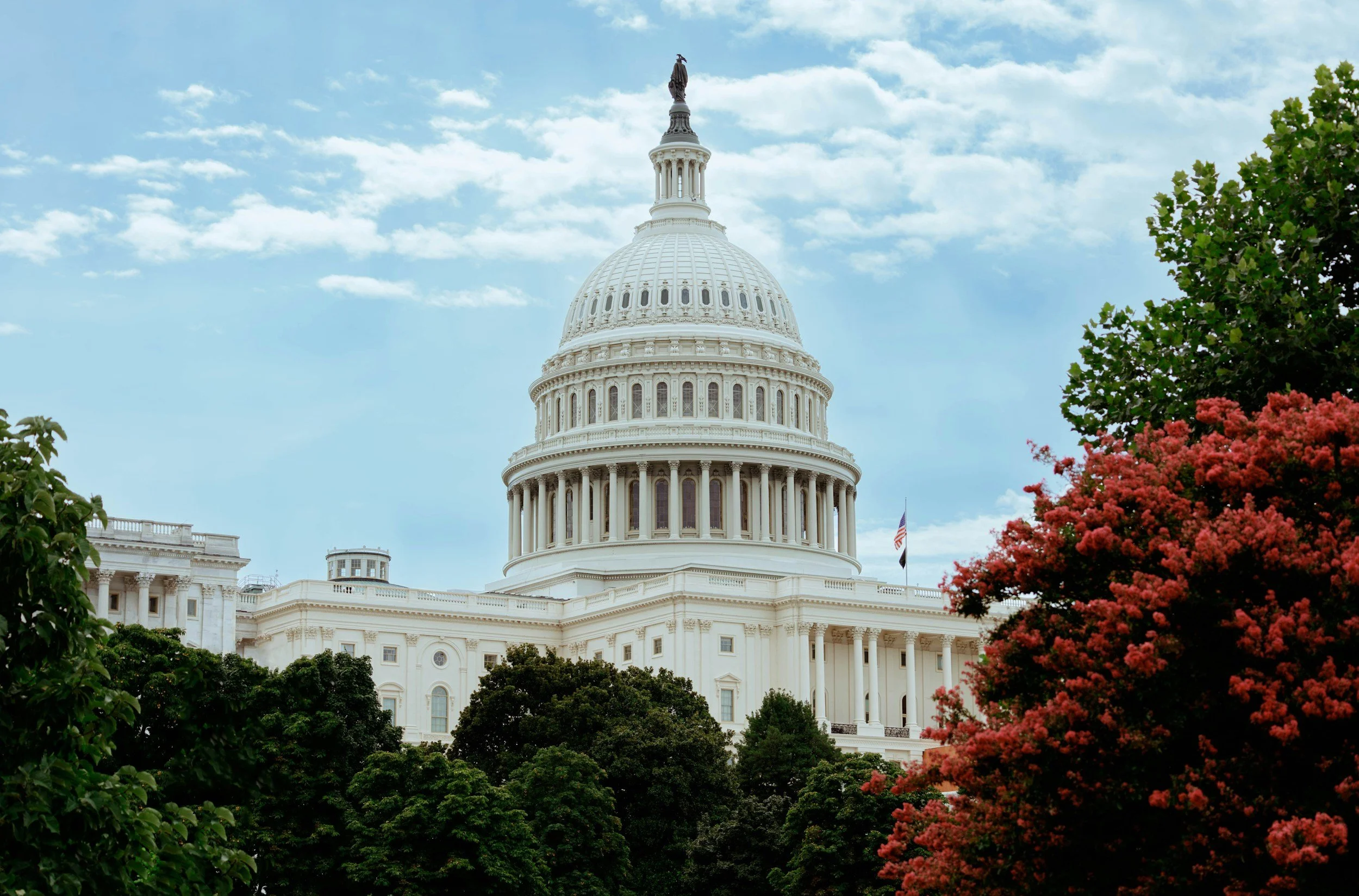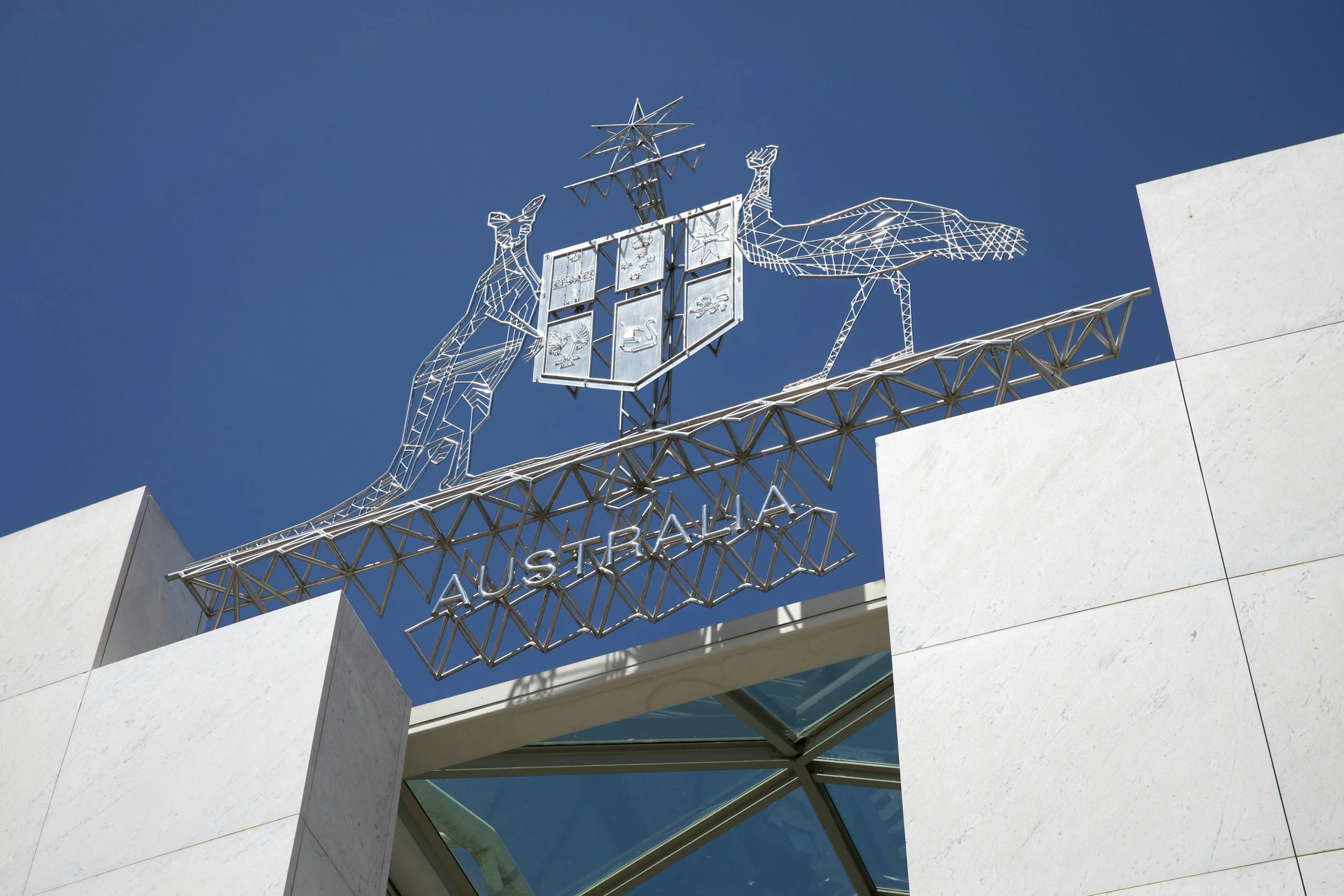Whistleblower Claims Meta Briefed China on AI, Sparking U.S. Security Concerns

Image Credit: Mariia Shalabaieva | Splash
A former Meta executive has accused the company of engaging with Chinese officials on artificial intelligence, raising questions about U.S. national security. In a Senate Judiciary Subcommittee hearing on April 9, 2025, whistleblower Sarah Wynn-Williams outlined claims of Meta’s interactions with China, prompting scrutiny of tech giants’ global practices.
[Read More: U.S. Unveils Strategic AI Memo to Counter China, Boost National Security and Innovation]
Allegations of AI Technology Engagement
Sarah Wynn-Williams, Meta’s director of global public policy from 2011 to 2017, testified that Meta briefed Chinese Communist Party (CCP) officials on AI starting in 2015, under an alleged initiative called “Project Aldrin”. She claimed Meta’s open-source AI model, Llama, was accessible to Chinese entities and suggested it aided DeepSeek, a Chinese AI system noted for its efficiency and ability to rival U.S. models. While DeepSeek’s rise has sparked concerns about its potential uses, no evidence confirms Meta shared proprietary technology.
Additional Claims of Misconduct
Beyond AI, Wynn-Williams alleged Meta explored a censorship system in 2015 to filter content critical of the CCP, aiming to enter China’s market, potentially worth US$18 billion. She claimed Meta limited the account of Chinese dissident Guo Wengui at the CCP’s request and accused CEO Mark Zuckerberg of downplaying these efforts to Congress. These allegations, detailed in her memoir Careless People, suggest Meta prioritized business over democratic values.
[Read More: Italy Bans DeepSeek AI: First Nation to Block China’s AI Over Privacy Issues]
Meta’s Response to the Allegations
Meta strongly denied Wynn-Williams’ claims, calling them inaccurate. A spokesperson said Meta does not operate in mainland China, having ended market entry efforts by 2019, and emphasized Llama’s open-source status, which allows global access. The company rejected accusations of censorship or data-sharing, asserting compliance with U.S. laws. Meta previously sought arbitration to limit Wynn-Williams’ memoir promotion, citing disputed claims, but a court lifted restrictions before her testimony.
[Read More: The Global AI Battle: Why the West Is Targeting China’s AI Industry]
Lawmakers’ Reactions and Calls for Action
Chaired by Senator Josh Hawley and attended by Senator Richard Blumenthal, the hearing reflected bipartisan alarm over the national security risks posed by Wynn-Williams’ allegations. Lawmakers criticized Meta’s legal tactics against her as an attempt to suppress whistleblowing. Hawley demanded Zuckerberg testify under oath, and a Senate subcommittee requested Meta’s records since 2014 to probe further. The session underscored growing concerns about tech firms’ handling of AI amid U.S.-China competition.
[Read More: Can China Bypass OpenAI's Restriction?]
Source: OpenAI

We are a leading AI-focused digital news platform, combining AI-generated reporting with human editorial oversight. By aggregating and synthesizing the latest developments in AI — spanning innovation, technology, ethics, policy and business — we deliver timely, accurate and thought-provoking content.






